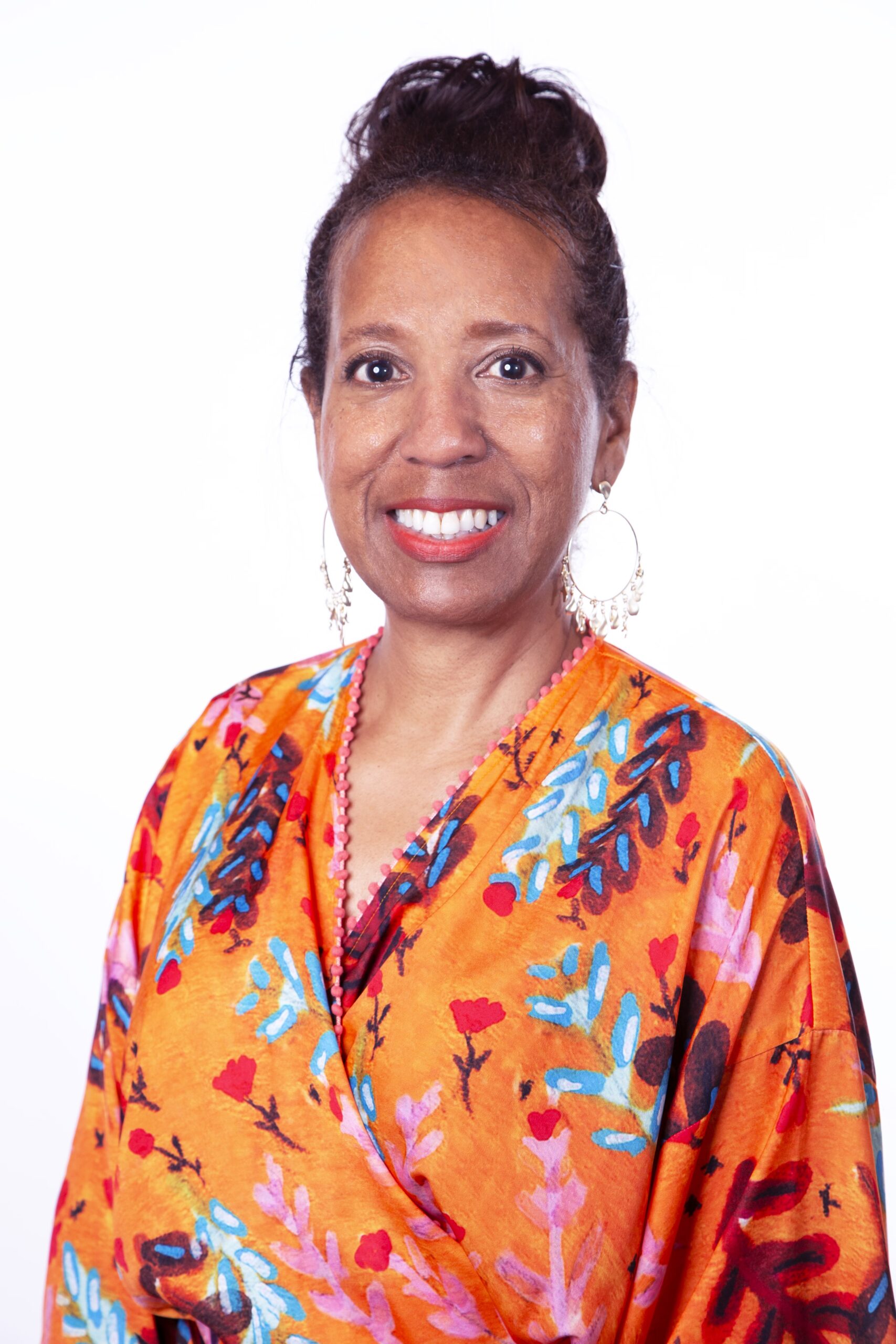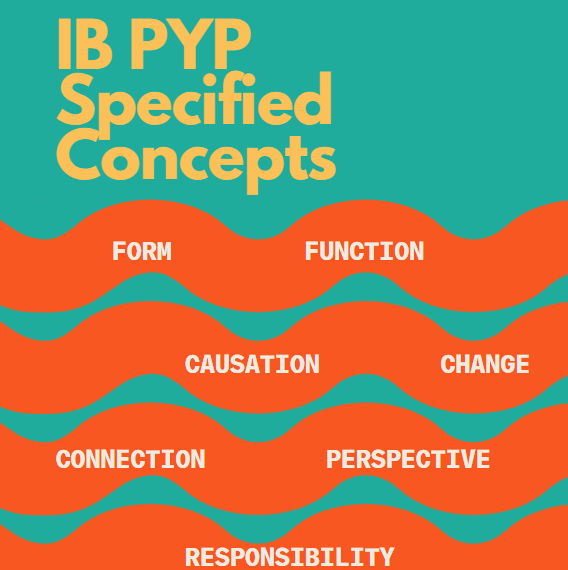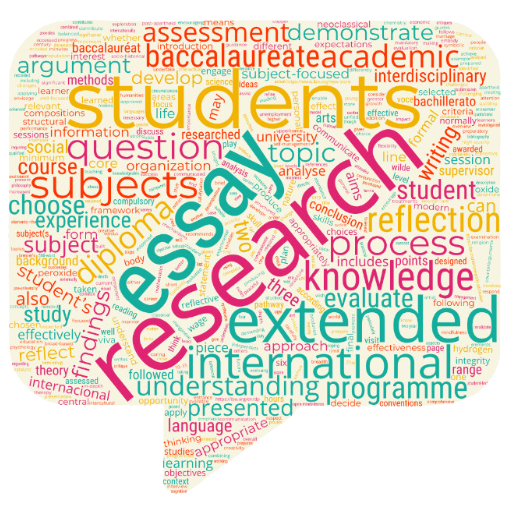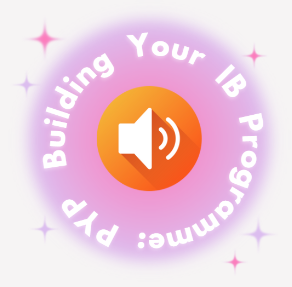A common goal for education is to positively impact students so that they can flourish as learners and human beings. Such a simply stated goal is actually very complex when considering what that looks like, the conditions needed, who should be involved, and the best ways to accomplish it. The basic questions that a school would ask to reflect on how to positively impact students as learners and people are:
-
What does success look like?
-
What conditions need to exist?
-
What roles will the school community members need to own?
-
What are the opportunities and activities that need to be created and implemented?

A framework for working through the complexities and recording the collective thinking through of those questions and moving on to action steps can be an invaluable planning tool for a school. Examining several frameworks designed to guide the actions that support the wellbeing of the whole child through education might be helpful in planning the positive impact envisioned. The four resources that are shared here as examples are the Framework for Improving Student Outcomes (FISO), Association for Supervision and Curriculum Development’s (ASCD) Whole Child Network (WCN), the Comprehensive School Health (CSH) framework, and International Baccalaureate’s (IB) Programme Development Planning (PDP). Each framework has a common language, improvement cycle, and criteria for success based upon evidence.
The Improvement Cycles
Each of the frameworks uses an improvement cycle that is outlined below. The similarities in the key actions in each process used by the frameworks is highlighted. The cycles’ activities include reviewing observations and feedback, prioritizing and designing a plan of action, implementing actions, monitoring the actions, and reflecting on next steps to set the next goal. Additionally, the school will need to determine who takes on which actions.
Framework for Improving Student Outcomes (FISO) Process: Evaluate & Diagnose> Prioritize & Set Goals> Develop & Plan> Implement & Monitor
Association for Supervision and Curriculum Development’s (ASCD) Whole Child Network (WCN) Process: Engage> Design> Act> Review & Modify
Comprehensive School Health (CSH) Process: Prepare> Create a Shared Vision> Determine the Priority Issues> Develop an Action Plan> Implement & Monitor> Reflect, Evaluate, & Celebrate
International Baccalaureate’s (IB) Programme Development Planning (PDP) Process: Develop a Plan> Implement> Analyze & Reflect> Consider Feedback> Transfer Learning to New Improvement Area
Focus Areas for Whole-Child Development
Each framework also has key focus areas that impact the whole child and affect the whole school. All four frameworks address teaching and learning, the school environment, and the school culture. The commonalities among the frameworks are again evidenced below.
FISO: Building practice excellence – Curriculum planning and assessment – Building leadership teams – Empowering students and building school pride – Setting expectations and promoting inclusion – Building communities
ASCD’s WCN: Healthy – Safe environment – Engaged (learning, school, community) – Supported – Challenged
CSH: Social and physical environments – Teaching and learning – Policy – Partnership and Services
IB’s PDP: Purpose – Environment – Culture – Learning
Putting It Altogether
Once the process for developing the school program that will impact students positively is determined, the school selects the focus area for the plan creation. The process is applied to collaboratively develop an action plan for that area, working through the critical questions identified earlier. Depending on the scope of the plan, several plans may be enacted simultaneously. In the next post, the practices that might impact students positively will be explored.
Author
-

Jill is the CASIE Director of Education. She has a Master’s degree in Educational Leadership from Clark Atlanta University and a Bachelor’s degree in Education from The Ohio State University. Her past work experience includes serving as a teacher, IB coordinator, assistant principal, associate principal, 12 years as a principal with the last 7 leading an IB World School, Executive Director of Academic Programs including all four IB Programmes, head of of Curriculum and Assessment for Marietta City Schools, and an IB Educator Network programme leader. She enjoys learning, reading, walking, spending time with her husband, daughter, son, daughter-in-law, and friends.
View all posts




